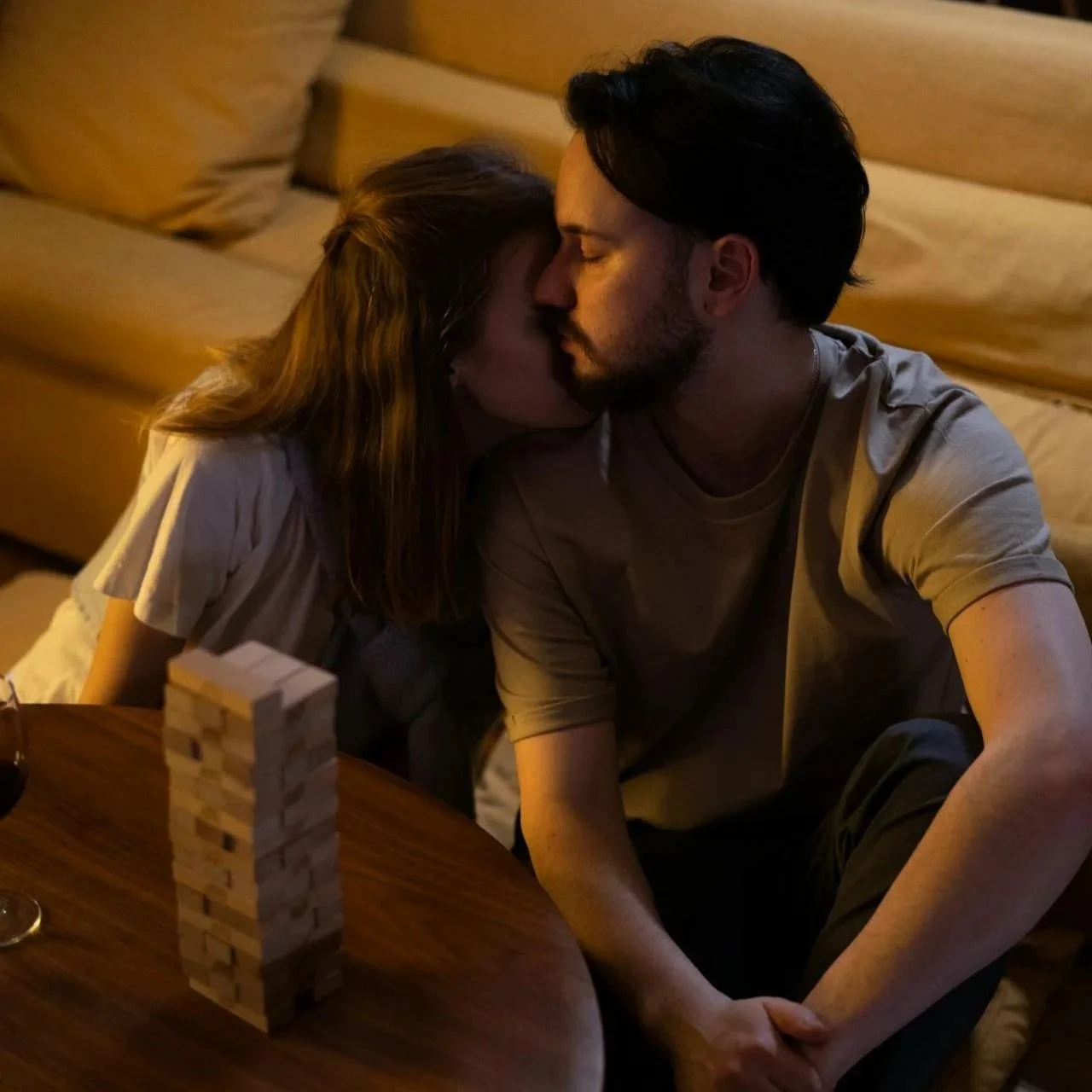The Most Common Problem Between Couples - And How To Fix It
I’ve been doing therapy for about 10 years now, and I have worked with many couples. One of the most common problems that I hear about and see on my couch is the pursuer-distancer dynamic.
What is the Pursuer-Distancer Dynamic?
The pursuer-distancer dynamic is exactly what it sounds like: one person is constantly pursuing, while the other is constantly backing away. This moving dynamic creates a situation where the pursuer feels rejected, thinking their partner doesn’t want to be close to them. Meanwhile, the withdrawer feels like they don’t have any space or time to come to their own understanding of what they want and how to communicate with their partner.
The Emotional Impact
Over time, this dynamic can become very dramatic. The pursuer may constantly seek connection, while the withdrawer starts shutting down. This feels bad to both people involved! Often, this plays out in a relationship where one person is more anxiously attached and the other is more avoidantly attached. While we don’t like to pathologize or put labels on people unnecessarily, it can be helpful to have a framework around attachment.
Understanding Attachment
Attachment styles can provide insight into the pursuer-distancer dynamic. We have another video on attachment that delves deeper into this topic, featuring myself and Hadley Davis, LMFT. Understanding attachment can be crucial in addressing and altering these dynamics.
The Good News: Change is Possible
The good news is that the pursuer-withdrawer dynamic can absolutely be changed. Often, this change doesn’t require a dramatic overhaul of how you interact with someone. It's hard to change, but it is possible, especially with the guidance of therapy.
Steps to Correct the Dynamic
For the Pursuer: Gradually back off. This doesn’t mean disconnecting or giving up. It’s about giving your partner space while still being available and supportive.
For the Withdrawer: Lean in a little bit. Gradually engage more with your partner, showing willingness to connect and communicate.
By making these adjustments, the dynamic can shift towards a more balanced interaction, where both partners feel more connected, loved, peaceful, and have a shared sense of meaning.
Seek Professional Help
If you recognize the pursuer-withdrawer dynamic in your relationship and want to work on it, seeking couples therapy can be incredibly beneficial. Therapy provides a safe space to explore these patterns objectively and develop strategies to change them.
Couples Therapy in California & Florida
If this sounds familiar and you feel like you have some pursuer-withdrawer dynamics happening in your relationship, consider seeing a couples therapist. We have a team of skilled therapists who can help you navigate these challenges. Schedule a free consultation to see if we can match you with one of our couples therapists. Let’s work together to help you both get more of what you need from each other and strengthen your relationship.













